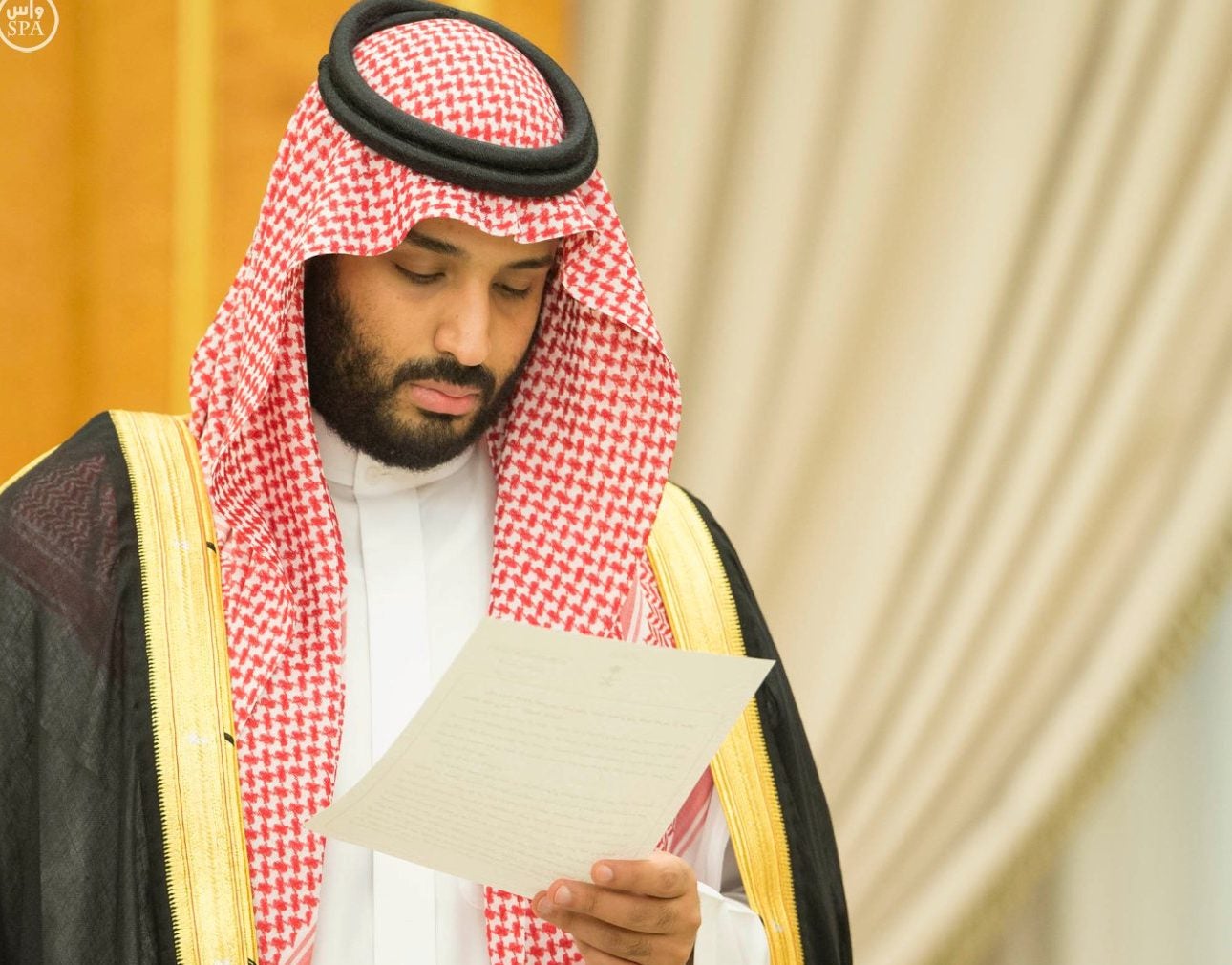Spike or glut? Two very possible—and radically different—scenarios for the future price of oil
A new debate has opened in oil, a field that leading experts have largely predicted wrongly for the last half-dozen years. It is whether we are moving toward a severe supply crunch, or a much longer period of glut.


A new debate has opened in oil, a field that leading experts have largely predicted wrongly for the last half-dozen years. It is whether we are moving toward a severe supply crunch, or a much longer period of glut.
Who is right will be important to the future stability of petrostates such as Russia and Saudi Arabia, along with giant companies including ExxonMobil, BP and Schlumberger. It’ll also determine whether relatively low oil prices will continue, or prices will spike.
The debate hinges on two factors: a steep drop in oil exploration by companies struggling with low prices, and the possible mainstream rise of electric cars that do not burn gasoline.
The first trend—spending cutbacks, including $91 billion in capital expenditure reductions by oil companies this year alone—leads forecasters such as IHS and WoodMacKenzie to predict an oil shortage (paywall) by the middle of the next decade. If the trend proceeds without change, by 2035, supply will be 4.5 million barrels a day short of demand, says WoodMac.
There is no doubting that the spending cutbacks, if unchanged, will lead to a supply shortfall. And that that could lead to a serious spike in oil prices.
But working against a price hike is a possible surge in electric car ownership. In February, Bloomberg New Energy Finance released a report forecasting a plunge in the production cost of electric cars in the next decade. By 2035, it said, lower sticker prices will lead electric cars to comprise about 30% of all new car sales. That would lead to a drop in oil demand of 6 to 8 million barrels a day by the middle of the 2030s, according to BNEF’s Colin McKerracher.
If the BNEF forecast is right, the supply glut would persist, not vanish, and oil prices would remain depressed.
Saudi Arabia appears at minimum to be hedging—and may be leaning toward the latter camp. On May 7, Saudi announced a flurry of new decrees that further cemented the policies of prince Mohammed bin Salman, the son of the king.
The powerful deputy crown prince rejects the conventional belief that oil in the ground is like money in the bank, and instead wants to keep production high for now, and thus earn as much profit from the kingdom’s oil as possible. In recent interviews, prince Mohammed has suggested a belief that oil is becoming a much less strategic commodity, and that Saudi Arabia must diversify. His decrees illustrate his determination to move the kingdom away from what he considers an unreliable oil economy.
Some independent analysts think he’s right.
“A few years from now, oil speculation will be as ‘sexy’ as speculating on wheat, paper, or corn,” said Omar Al-Ubaydli, a fellow at the Mercatus Center at George Mason University.